I made the switch—no, the leap—to an Apple iPhone 13 Pro Max late last year, after years of budget and value-focused Android smartphones. This article though isn’t about Apple’s flagship smartphone—you can read about my time with it here.
Instead, Rory thought I was getting ahead myself after so many fancy new devices, and wanted to bring me back down to earth. And so begins my time with Apple’s newest entrant to their smartphone family: the iPhone SE (2022).
What year is it again?
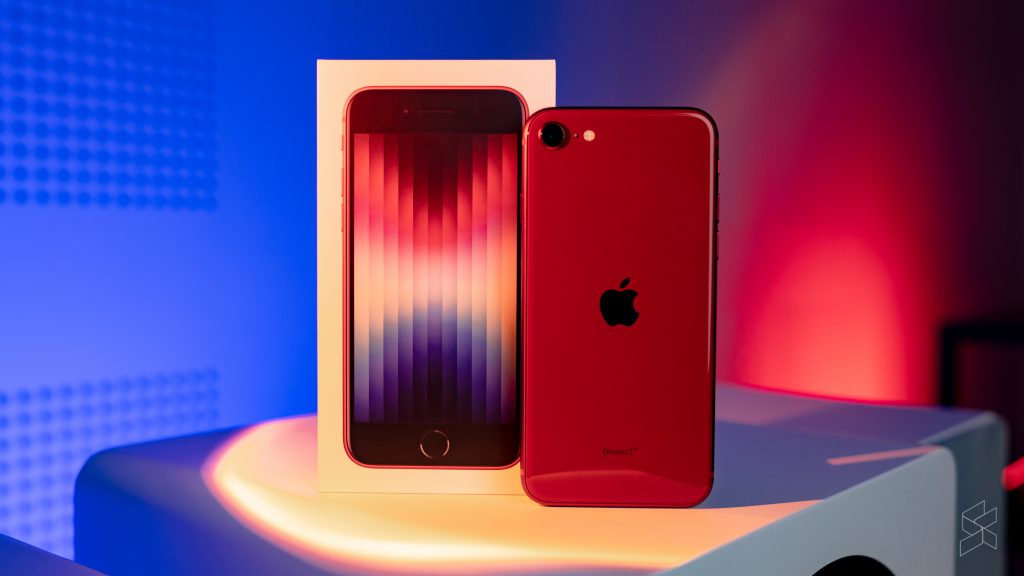
“Newest” iPhone might be a stretch. While it’s technically the latest smartphone Apple has to offer, it certainly doesn’t look like it. As a quick primer, the new iPhone SE 2022 basically reuses the same design and body that the last generation iPhone SE 2 used, which in turn reused the same design and body that the iPhone 8 debuted with.
To be clear, the iPhone 8 came out in 2017. That’s five years ago. In 2017, I wasn’t even out of university; that’s how long ago this design originated from. Safe to say then that sleek looks certainly isn’t the priority when it comes to this year’s iPhone SE. It also doesn’t help that I personally was not a fan of the iPhone design during this period. I liked the flat edges and industrial look of the iPhone 5, and when Apple brought it back with the iPhone 12 lineup, I again was a fan of its looks. The iPhone 8 though was smack in the middle of the curved sides era of iPhone design philosophy and just doesn’t look like it belongs with the rest of the latest smartphones in my eyes.
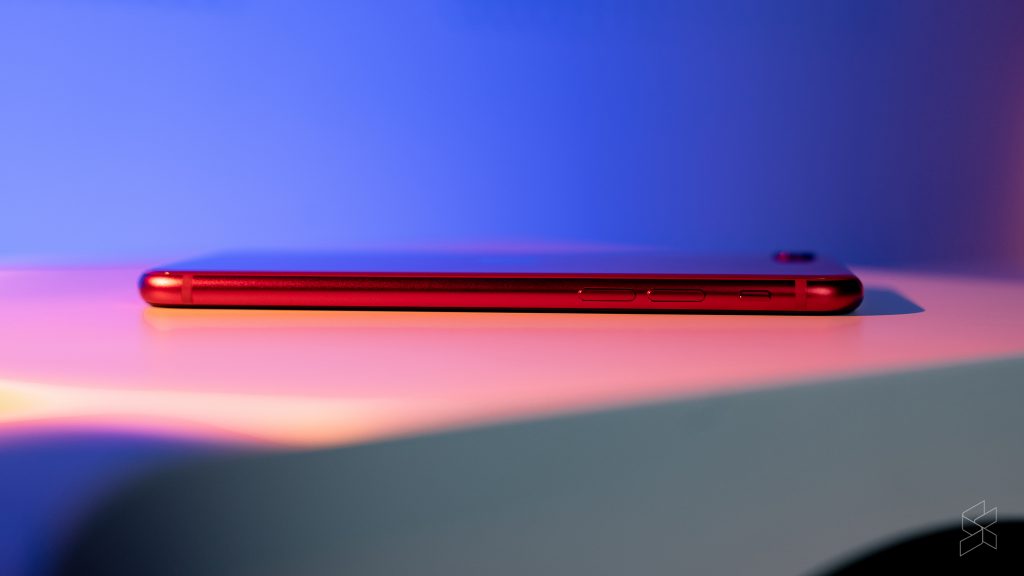
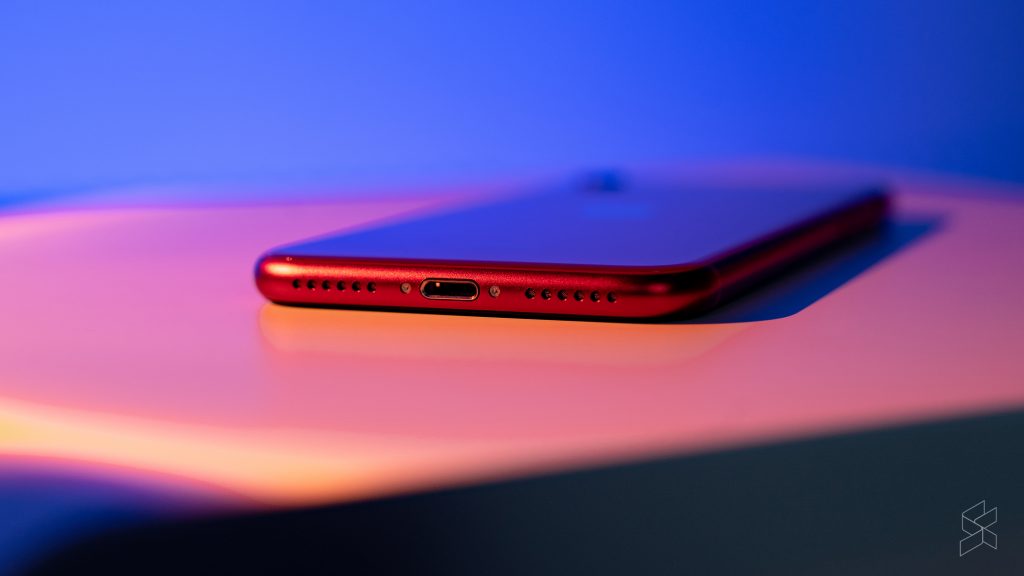
For what its worth, one thing I did like about the overall design was how compact it was. Compact smartphones almost went extinct at one point, but the tiny iPhone SE is just 7.3mm thick, 138.4mm tall, 67.3mm wide and weighs just 144g, almost half of what the iPhone 13 Pro Max weighs. Compared to the iPhone 13 Pro Max, the iPhone SE feels nearly like a toy with how light it is and how easy it fits in my pocket.
And yet, with that being said, if you were in the market specifically for a compact iPhone, it’s not even the smallest one available! The iPhone 13 Mini measures 131.5mm tall and 64.2mm wide, while weighing less too at 140g. Another thing worth pointing out is that the iPhone SE only has an IP67 water and dust resistance rating, while Apple’s other smartphones of this generation are IP68. It also doesn’t have Apple’s Ceramic Shield layer so the iPhone SE is a little more susceptible to scratches.
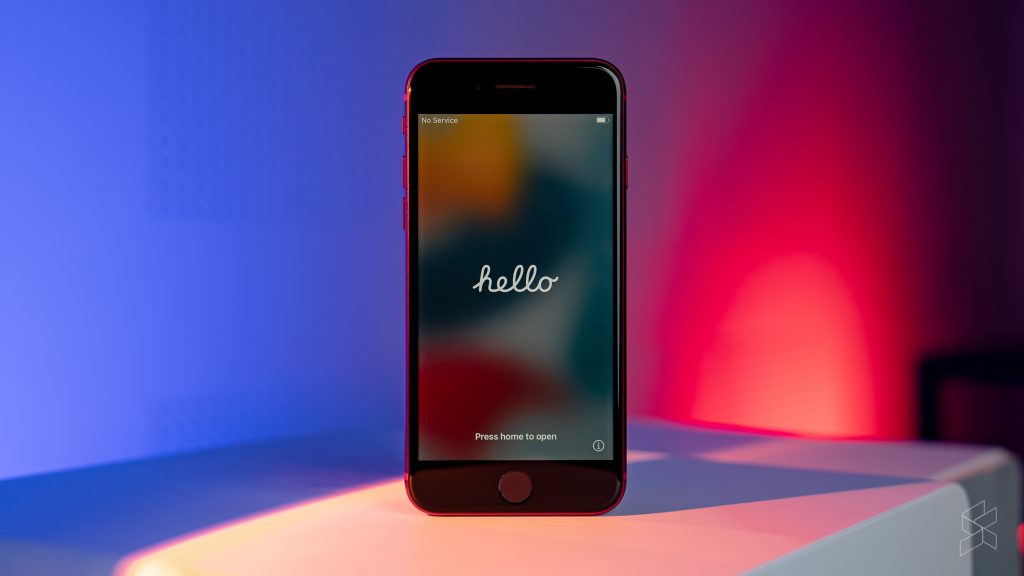
So okay, fine, the iPhone SE is clearly not going to win any design awards or catch the attention of others at the table. But that was never really the intention of Cupertino’s iPhone SE devices anyway. Instead, the iPhone SE is meant to be the cheapest way to get the latest silicon from Apple into your hands.
It’s a pint-sized performer
Arguably the iPhone SE’s biggest selling point here is that it comes with the Apple A15 Bionic processor under the hood. It’s their most recent chip for their mobile devices and powers all of the iPhone 13 range. The specific one under the iPhone SE’s hood though is the version with 4 GPU cores, rather than the A15 Bionic with 5 GPU cores in the iPhone 13 Pro and Pro Max.
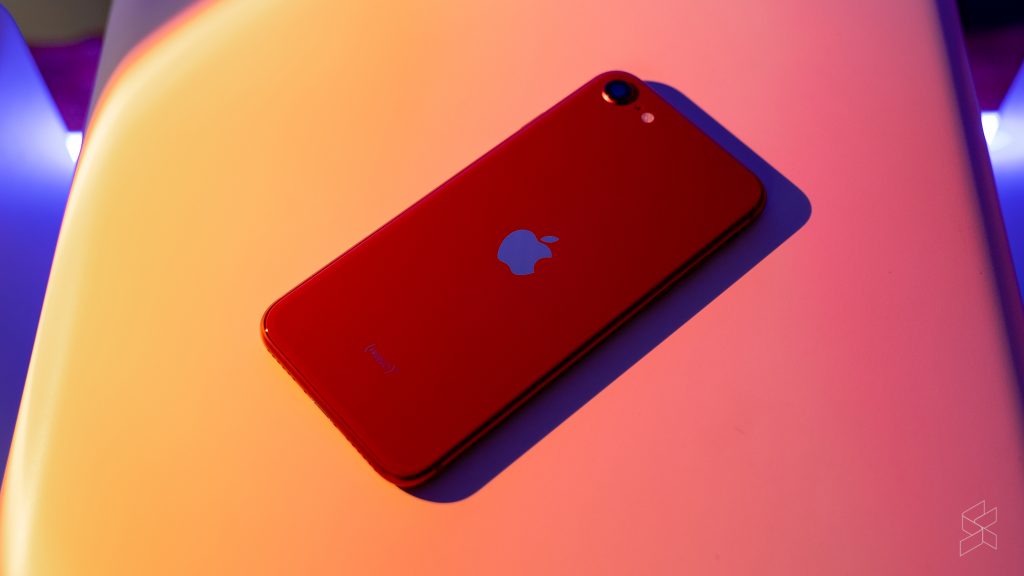
With such a powerful processor under the hood, honestly there’s little to no worry with performance at all. It took on pretty much everything I threw at it like a champ, with my regular day-to-day apps such as social media stuff, Spotify, Waze, and more all working as well as I expected it to be. Gaming performance is also solid like a rock, and I was able to play titles such as Magic the Gathering: Arena and Apex Legends Mobile just fine.
Incidentally, this is also the first Apple device I’ve used with Touch ID. With no Face ID, the fingerprint sensor built into the Home button was the only biometric security measure available for me to use and is actually pretty good to use as it’s quick and responsive to touch. It did take me a while to relearn some gestures though, as the notchless display means the iPhone SE uses Apple’s older gesture system for pulling out the control centre for instance, while I could no longer just swipe up to return to home either.
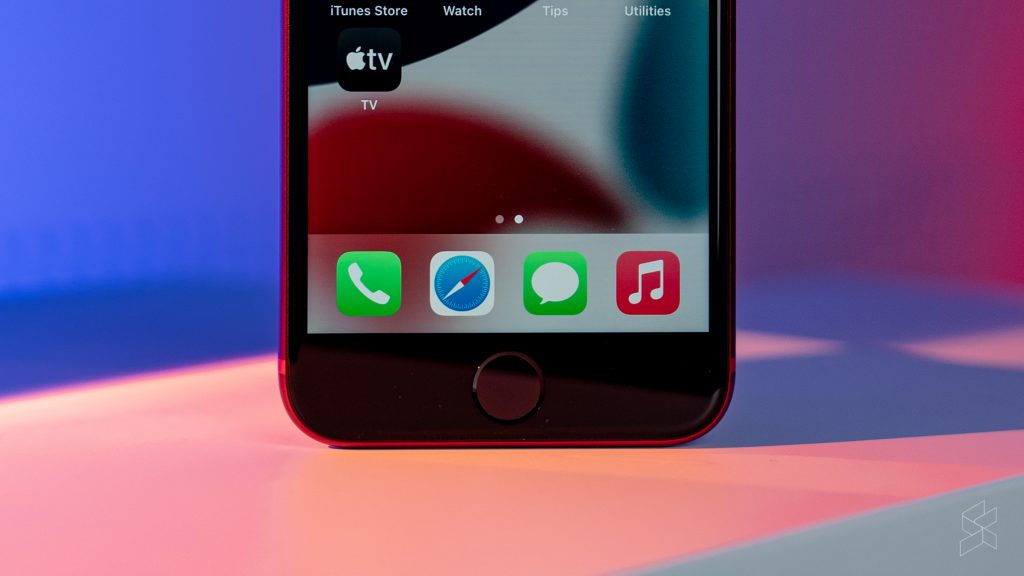
One particularly sad new feature on the iPhone SE that I couldn’t really test was its 5G capabilities. As you’ve probably heard, Malaysia’s 5G rollout continues to stutter and while we do have Yes with their 5G plans so far, they currently do not support Apple devices. It’s a real shame as one of the iPhone SE’s biggest selling point was its 5G capabilities, something that previously was restricted to the iPhone 12 series and newer. It’s still Apple’s cheapest 5G-capable iPhone, but that really shouldn’t be the reason why you get this right now considering the domestic 5G situation.
Apple did advertise a ‘better’ battery life on the new iPhone SE when it debuted earlier this year. Now I was able to get at the very least nearly an all-day battery life with the iPhone SE, ending the day with roughly around 20% of battery life left. This was with a 50% display brightness and an average screen on time of around 6 hours. It’s nowhere near the day and a half I could comfortably get with the iPhone 13 Pro Max, and sometimes the iPhone SE cuts dangerously close to 10% on busier days, but for the most part it’s at the very least acceptable.
The biggest weakness here is its screen
Remember how I said earlier that I was able to play games such as Apex Legends Mobile just fine? Well, that was from a performance standpoint, but these games certainly weren’t fun to play due to the tiny little 4.7-inch, HD+ Retina display.
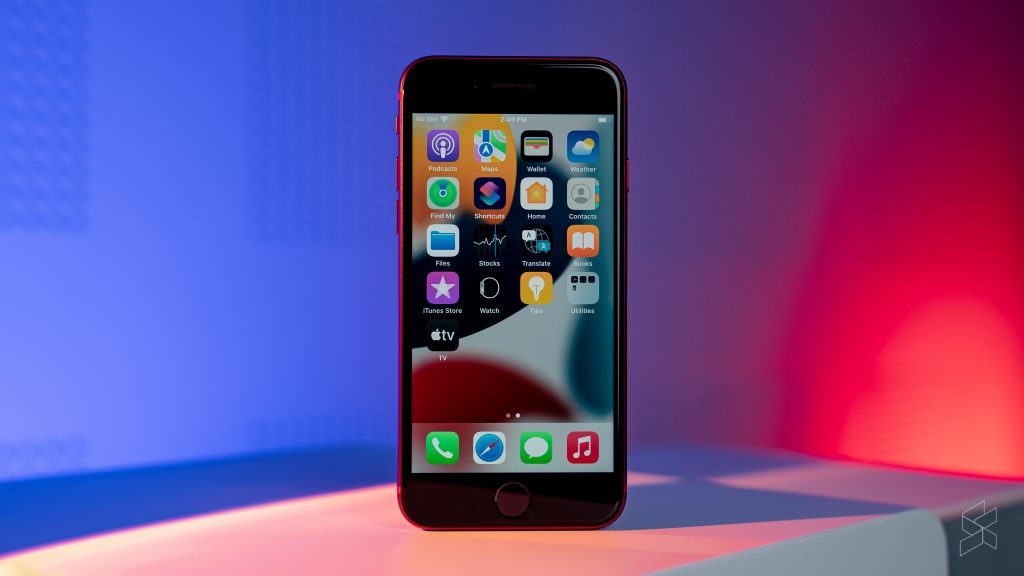
The “fun sized” screen might have been big enough in 2017, but in 2022 it’s just horrible to use as most apps and games these days have their UI designed for much larger displays. In Magic the Gathering: Arena, a card game where you need to look at a large number of cards played on the table, I basically couldn’t play optimally as I spent more time trying to read each item on screen. Reading articles also become extremely frustrating too as I navigate through all the cookie requests and on-screen advertisements that pop up across the already puny screen.
It’s tiny display isn’t even that great from a fidelity standpoint, as the low resolution display is only capable of a 326ppi pixel density, compared to the iPhone 13 Pro Max for example which has a 458ppi pixel density. In fact, the performance of these games could’ve also been so good due to the GPU only needing to render at HD+ resolutions. The display is also only a 60Hz panel and has a lower maximum brightness of 625nits, compared to 1,200nits maximum brightness on the iPhone 13 Pro Max. The contrast also isn’t as good, with the LCD panel on the iPhone SE capable of just a 1,400:1 contrast ratio.
But okay, maybe it’s a little unfair to only compare it to the iPhone 13 Pro Max—except once you compare it to other Android midrange devices the iPhone SE simply looks like an even worse display. The Redmi Note 11 for example has a very solid 6.43-inch, FHD+ AMOLED display with a decent 90Hz refresh rate. It’s also brighter at 700nits, has a 409ppi pixel density and doesn’t have the thick top and bottom bezels that the iPhone SE has. In fact, you’d be hard pressed to find any new smartphone in the past couple of years with bezels this thick.
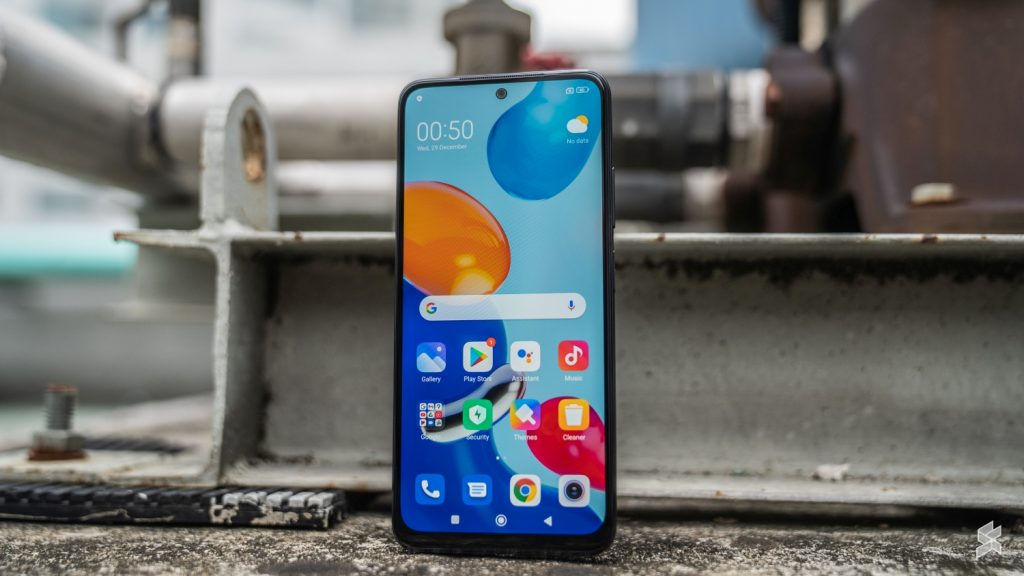
As for speakers, it’s really the same story here again, with the stereo speakers being alright enough but no where near as good as the iPhone 13 Pro Max. They’ll be loud enough to fill a small room sure, but don’t have the same kind of full sound you’ll find on the iPhone 13 range of smartphones. For what it’s worth, they’re at least stereo speakers, which still isn’t a common feature on every smartphone these days (looking at you, Honor 50).
It still has a solid enough camera though
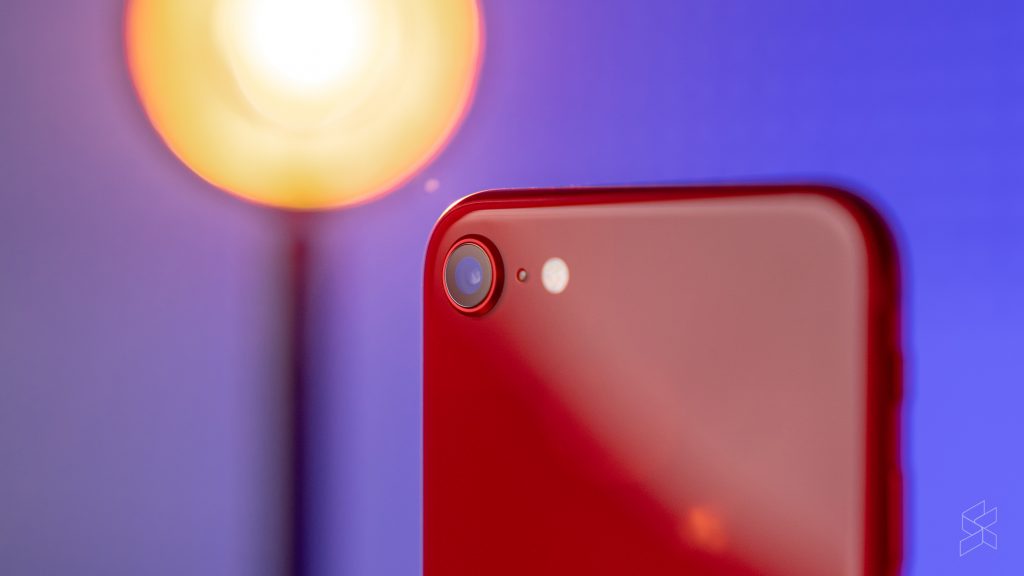
Apple has packed the iPhone SE with just a single rear camera here, a 12MP, f/1.8 wide camera capable of a 5x digital zoom as well as a portrait mode and optical image stabilisation (without Apple’s Sensor Shift though). You’ll also find a 7MP, f/2.2 front-facing camera. They aren’t much but for the most part work just fine, and the iPhone SE will take good enough photos for social media and the like. Images are still clear and crisp with a natural colour tone to it too.
What I do miss though is the flexibility of the iPhone 13 Pro Max’s cameras, or indeed the flexibility and versatility of most midrange to flagship smartphones these days. Gone are the 12MP telephoto and 12MP ultrawide cameras I was used to on the iPhone 13 Pro Max, and even Night Mode is missing on the iPhone SE. As a result, the camera on the iPhone SE kinda feels one dimensional.

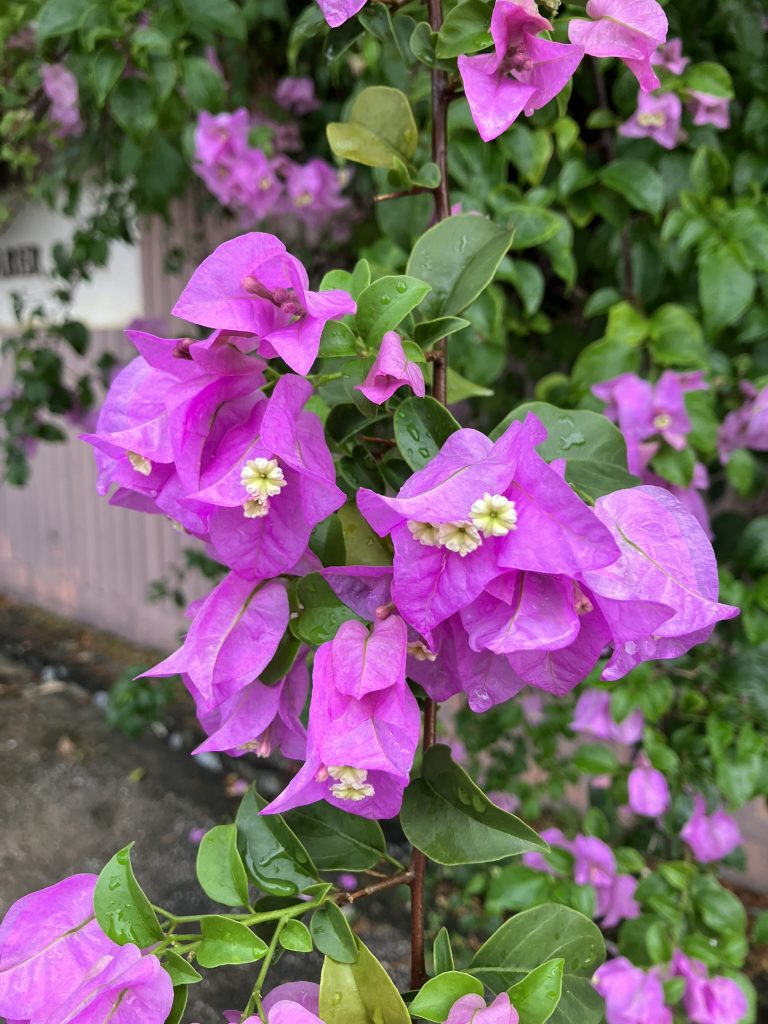
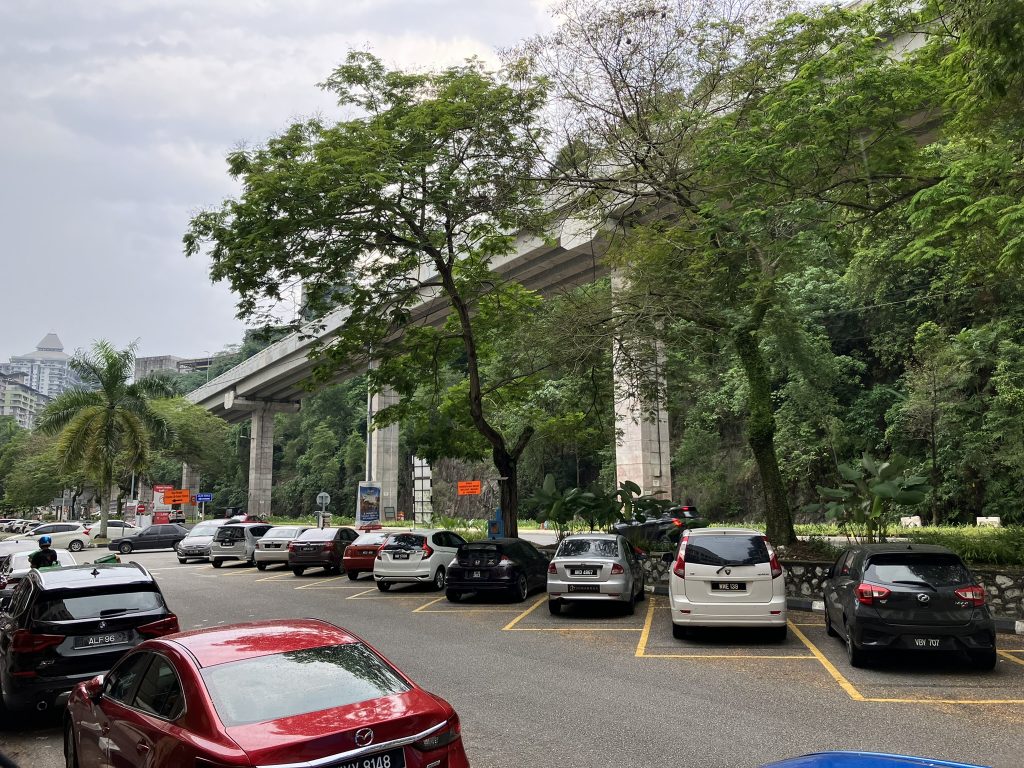
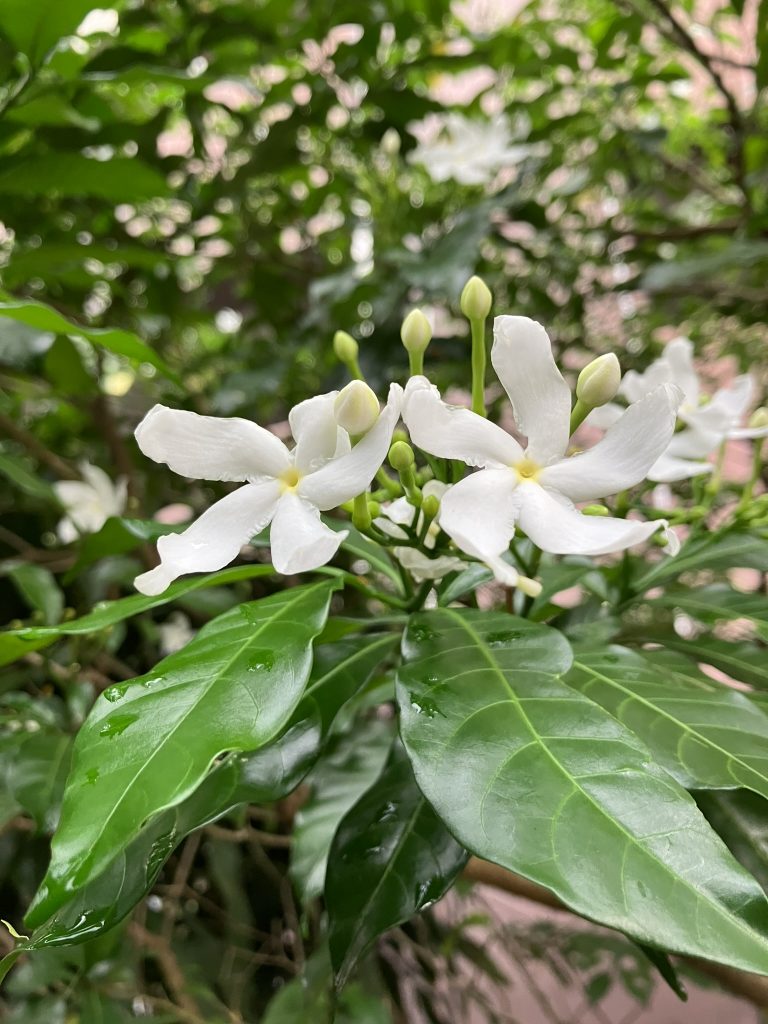
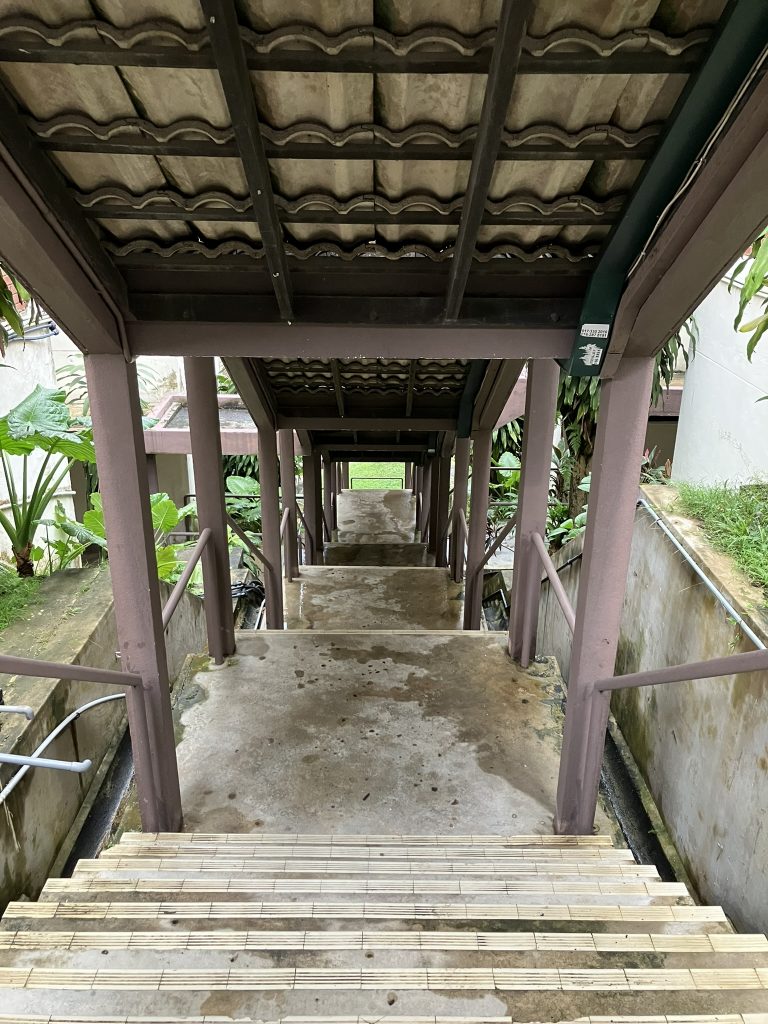
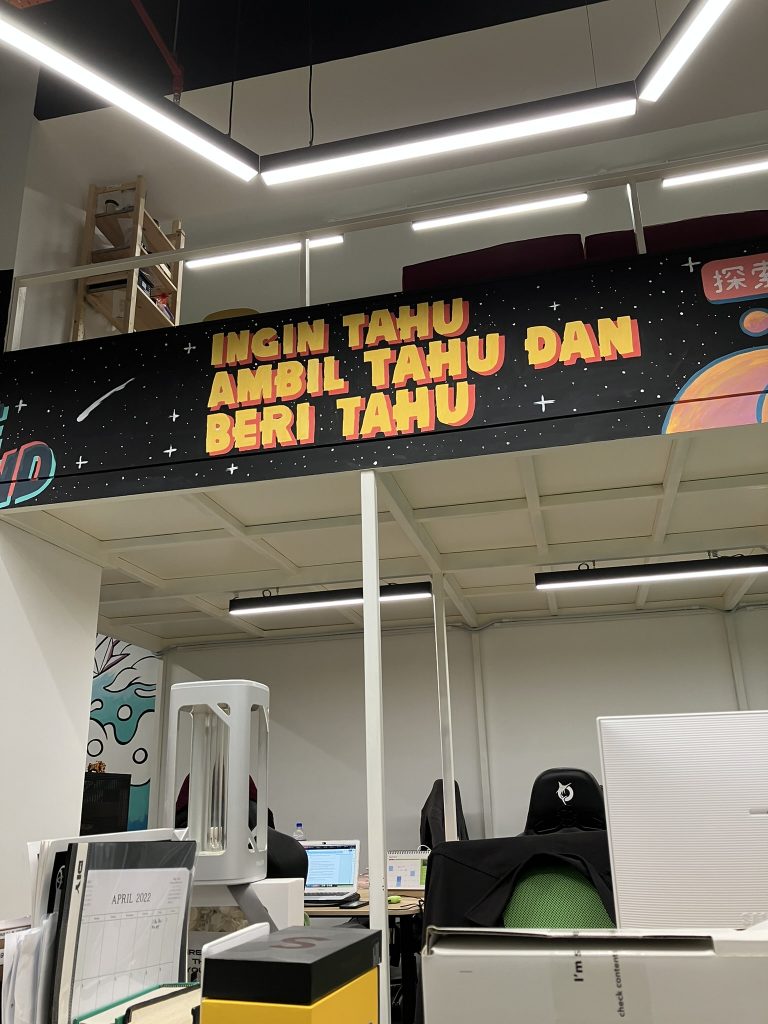
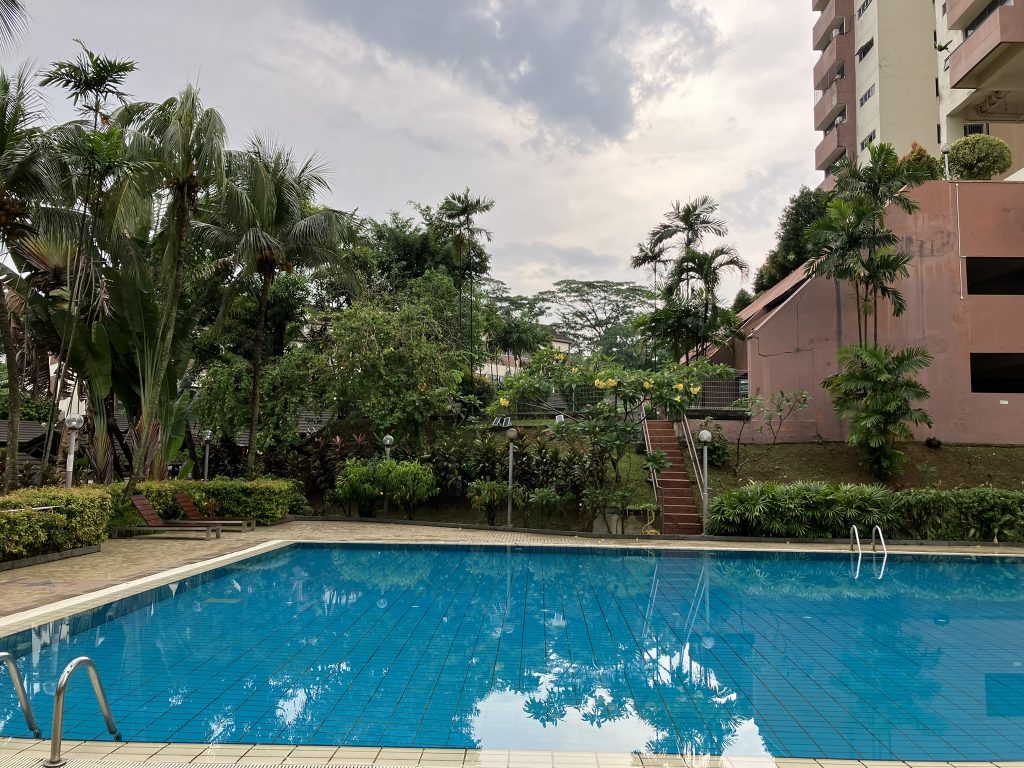
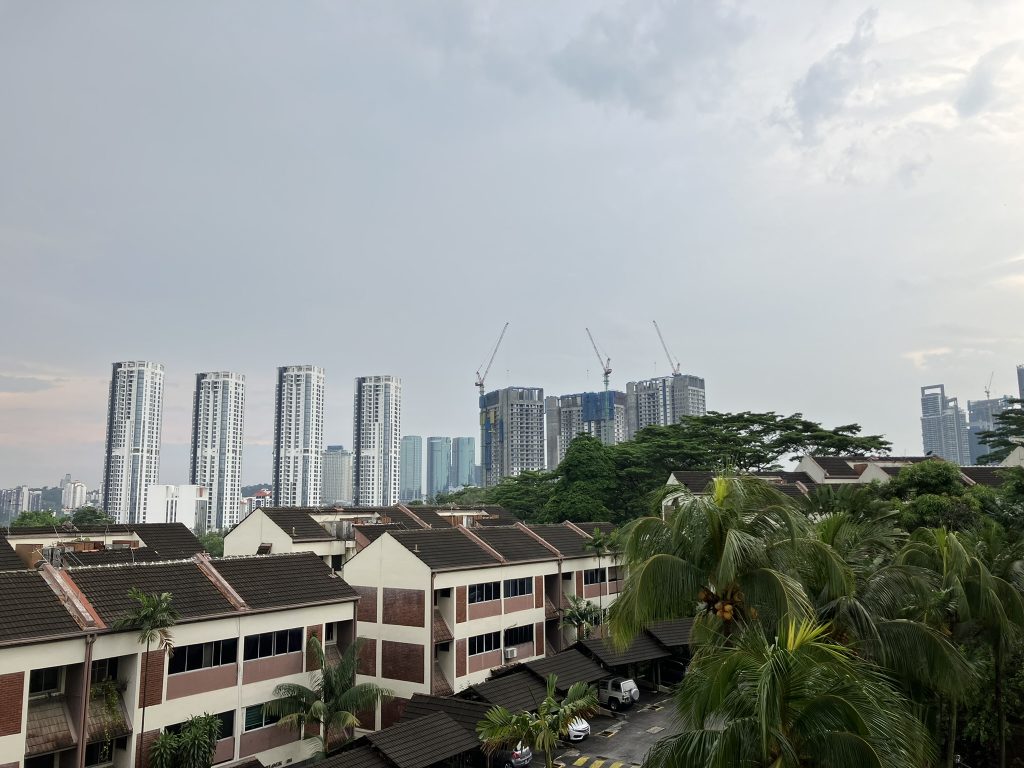


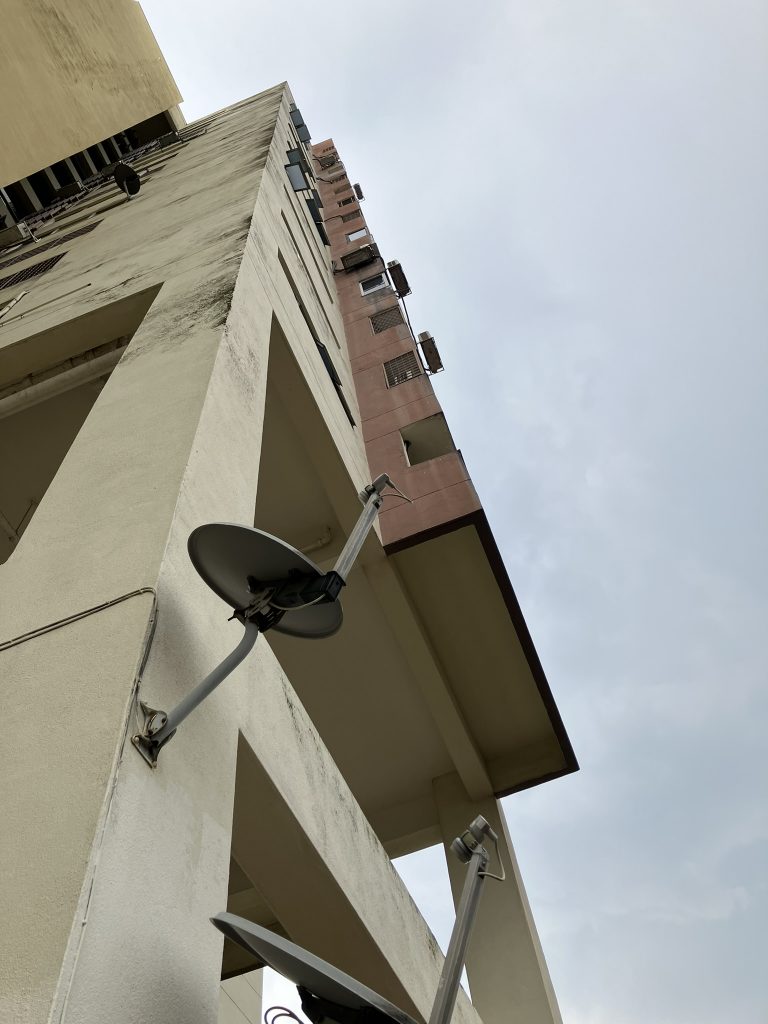
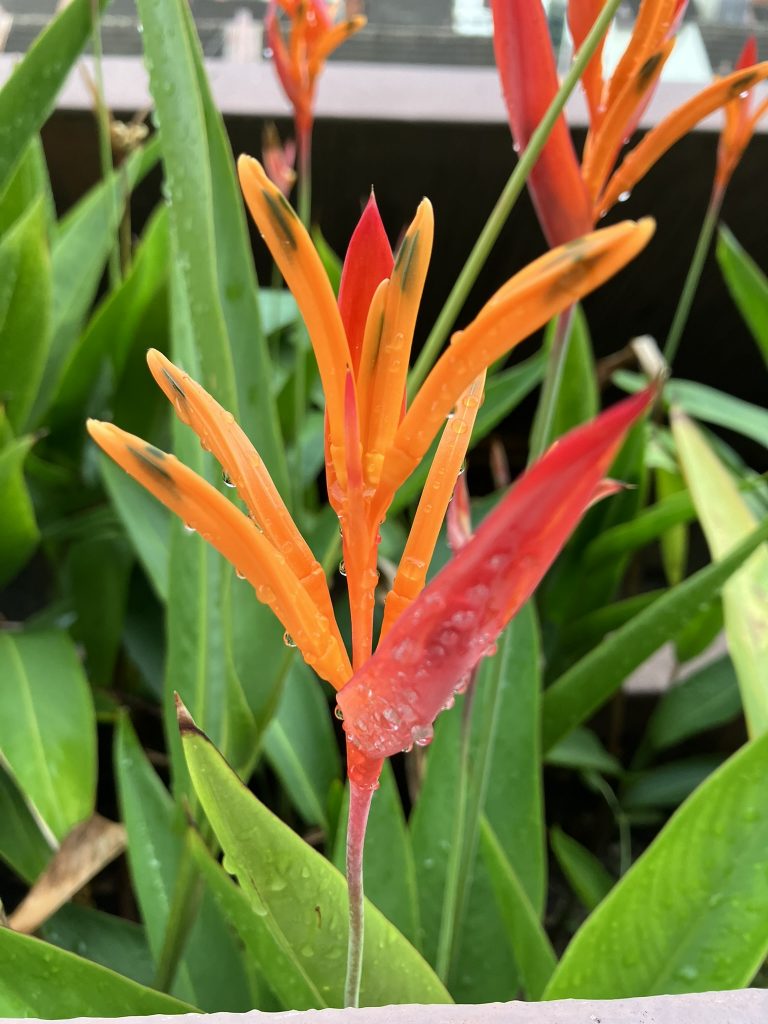
If all you want is a simple point-and-shoot system on your smartphone, the iPhone SE does that well. However, you won’t get all of Apple’s bells and whistles such as the aforementioned Night Mode, Cinematic Mode, Macro Mode or even just an ultrawide angled shot. It’s almost too basic, especially when you consider that plenty of Android midrangers are also capable of similar if not better versatility with its camera setups.
For the most part, I’d prefer to play around with the triple camera setup on something like a Realme 9 Pro+ any day, but if you merely want a good main camera, you’ll likely be pretty happy with the iPhone SE’s camera here.
And yet, the iPhone SE is just not worth it at all
Look, you might’ve read up till this point and thought, “Solid performance, respectable camera… that doesn’t sound too bad right?” Well, you’re right—performance-wise it’s not the worst device. It’s just absolutely not worth the price tag that Apple has slapped onto it.
As someone who craves the best price-to-performance ratios when forking out my own money for hardware, the new iPhone SE is simply one of the worst offerings I’ve ever seen. I mean, just take a look at how outrageously priced they are:
- Apple iPhone SE, 64GB storage – RM2,099
- Apple iPhone SE, 128GB storage – RM2,299
- Apple iPhone SE, 256GB storage – RM2,799
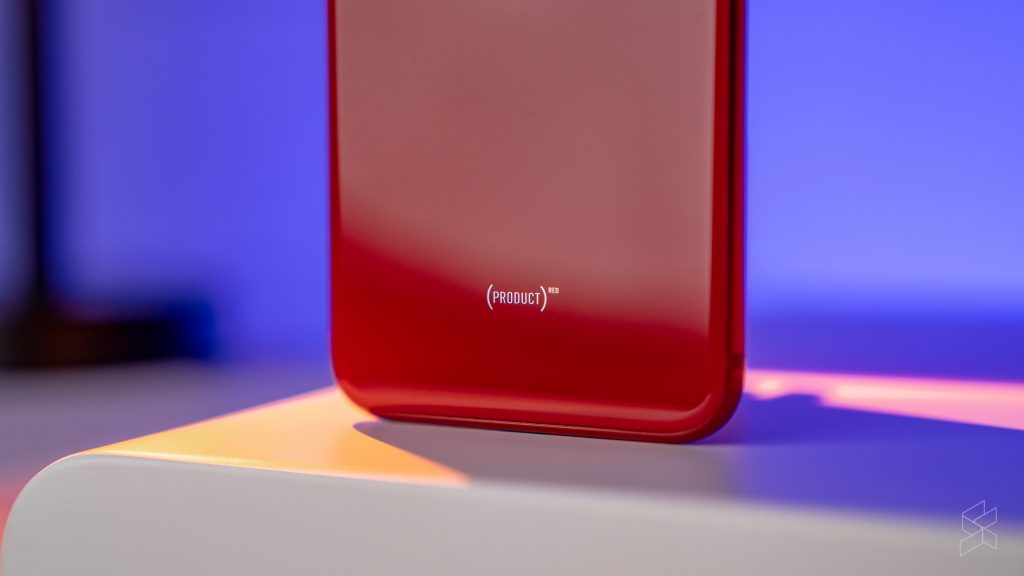
This makes the iPhone SE simply way too expensive to be worth it, especially considering that the only real upgrade you’re getting here is the Apple A15 Bionic chip which you can’t even use to the fullest due to the hamstrung display and the crippled camera setup that the iPhone SE has. Even its 5G capabilities, something Apple highlighted a lot in its marketing material, can’t be used in Malaysia at the time being.
It’s also worth mentioning that while the iPhone SE may be the cheapest iPhone available right now, the price balloons significantly if you plan to get more storage onboard. And considering that the base model has just a pathetic 64GB of storage on it, you’ll probably have to end up getting the higher spec options anyway. But at RM2,799 for the iPhone SE with 256GB of storage, you could be getting one of the plethora of Android flagships with a Snapdragon 8 Gen 1 chip under the hood for nearly the same performance under the hood, with better hardware everywhere else on the device too.
Typically, the saving grace that the iPhone has is its great software support, where you can expect around five to six years of iOS upgrades, something that the Android scene is only now beginning to chase after. However, with a design that’s already five years old, I honestly don’t think anyone would want to keep using the iPhone SE for another five years. If you need to get your foot in the door for iOS, you’re perhaps better off with an iPhone 11 which can be found on sale somewhat often these days, or perhaps an iPhone 12 with a telco plan. If you don’t need iOS and would like to stay within this budget, then I implore you to look at the Android scene instead.
The iPhone SE feels like you’ve placed a slick new V8 engine into a beat up 1994 Perodua Kancil; sure it’s got the power, but driving it feels horrible and just isn’t something I can recommend anytime soon.
Photography by Sofie Danial with the Sony A7III.




